Podcast: Play in new window | Download (Duration: 32:20 — 22.3MB) | Embed
Subscribe: Apple Podcasts | Spotify | Amazon Music | Android | Pandora | iHeartRadio | JioSaavn | Podchaser | Gaana | Podcast Index | Email | TuneIn | Deezer | Anghami | RSS | More
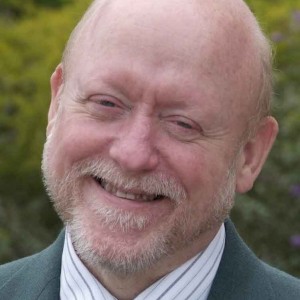
Episode 1 – “Know Your Enemy” – Put on The Armor – A Manual for Spiritual Warfare with Dr. Paul Thigpen Ph.D
Dr. Thigpen offers insights on the Manual for Spiritual Warfare Chapter 1:
Like it or not, you are at war.
No matter who you are — whether or not you know it — you have a mortal enemy who wants to destroy you, not just in this life, but in the next.
No matter where you live on this planet — whether or not you can see it — you live on a hotly contested battlefield, and you can’t escape the conflict.
It’s a spiritual war with crucial consequences in your everyday life. And the outcome of that war will determine your eternal destiny.
The first rule of any type of warfare is to know your enemy. How can you fight an adversary you can’t identify? Worse yet, how can you avoid being a casualty in a battle going on all around you if you don’t even recognize that you’re in danger?
Visit here for other episodes in this series:
Put On The Armor – A Manual for Spiritual Warfare w/Dr. Paul Thigpen Ph.D.
The “Manual for Spiritual Warfare” can be found here.
Paul Thigpen, Ph.D., is the Editor of TAN Books in Charlotte, North Carolina. An internationally known speaker, best-selling author, and award-winning journalist, Paul has published forty-three books in a wide variety of genres and subjects: history and biography, spirituality and apologetics, anthologies and devotionals, family life and children’s books, study guides and reference works, fiction and collections of poetry and prayers.
Paul graduated from Yale University in 1977 summa cum laude, Phi Beta Kappa, with Distinction in the Major of Religious Studies. He was later awarded the George W. Woodruff Fellowship at Emory University in Atlanta, where he earned an M.A. (1993) and a Ph.D. (1995) in Historical Theology. In 1993 he was named as a Jacob K. Javits Fellow by the U.S. Department of Education. He has served on the faculty of several universities and colleges.
In 2008 Paul was appointed by the United States Conference of Catholic Bishops to their National Advisory Council for a four-year term. He has served the Church as a theologian, historian, apologist, evangelist, and catechist in a number of settings, speaking frequently in Catholic and secular media broadcasts and at conferences, seminars, parish missions, and scholarly gatherings.

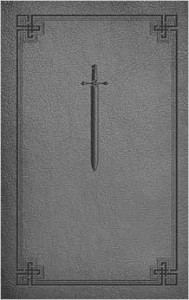


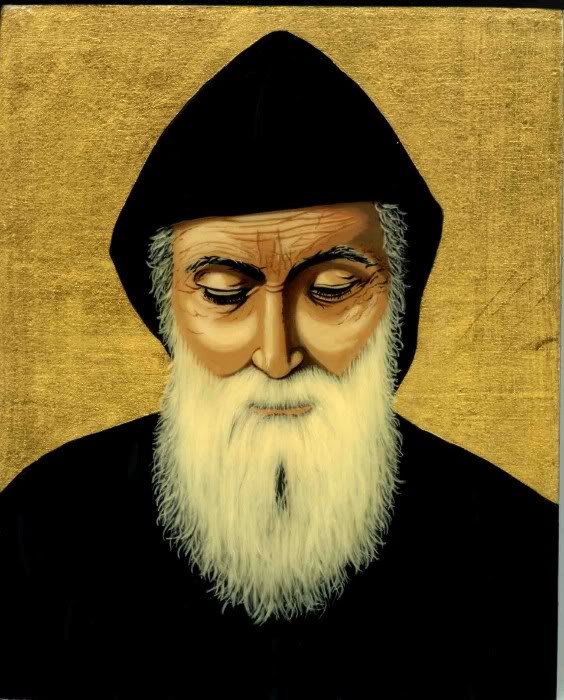

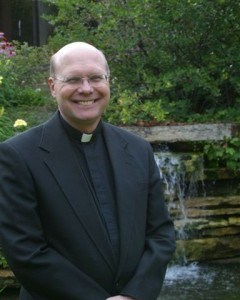
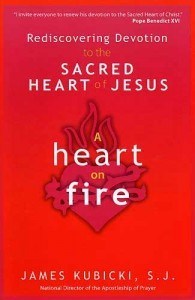
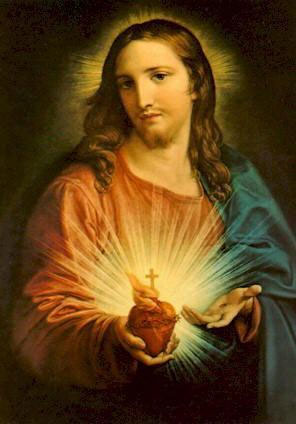 “A fresh and attractive reconsideration of this centuries-old devotion in the Catholic Church. Blessed Basile Moreau (1873), the founder of the Congregation of Holy Cross, who entrusted his priests to the Sacred Heart of Jesus, wrote: ‘The primary purpose of the devotion to the Sacred Heart is to return love for love.’ Fr. Kubicki develops this theme in a way that speaks well to today’s generation of believers.” —Rev. Peter D. Rocca, C.S.C., Rector, Basilica of the Sacred Heart, University of Notre Dame
“A fresh and attractive reconsideration of this centuries-old devotion in the Catholic Church. Blessed Basile Moreau (1873), the founder of the Congregation of Holy Cross, who entrusted his priests to the Sacred Heart of Jesus, wrote: ‘The primary purpose of the devotion to the Sacred Heart is to return love for love.’ Fr. Kubicki develops this theme in a way that speaks well to today’s generation of believers.” —Rev. Peter D. Rocca, C.S.C., Rector, Basilica of the Sacred Heart, University of Notre Dame